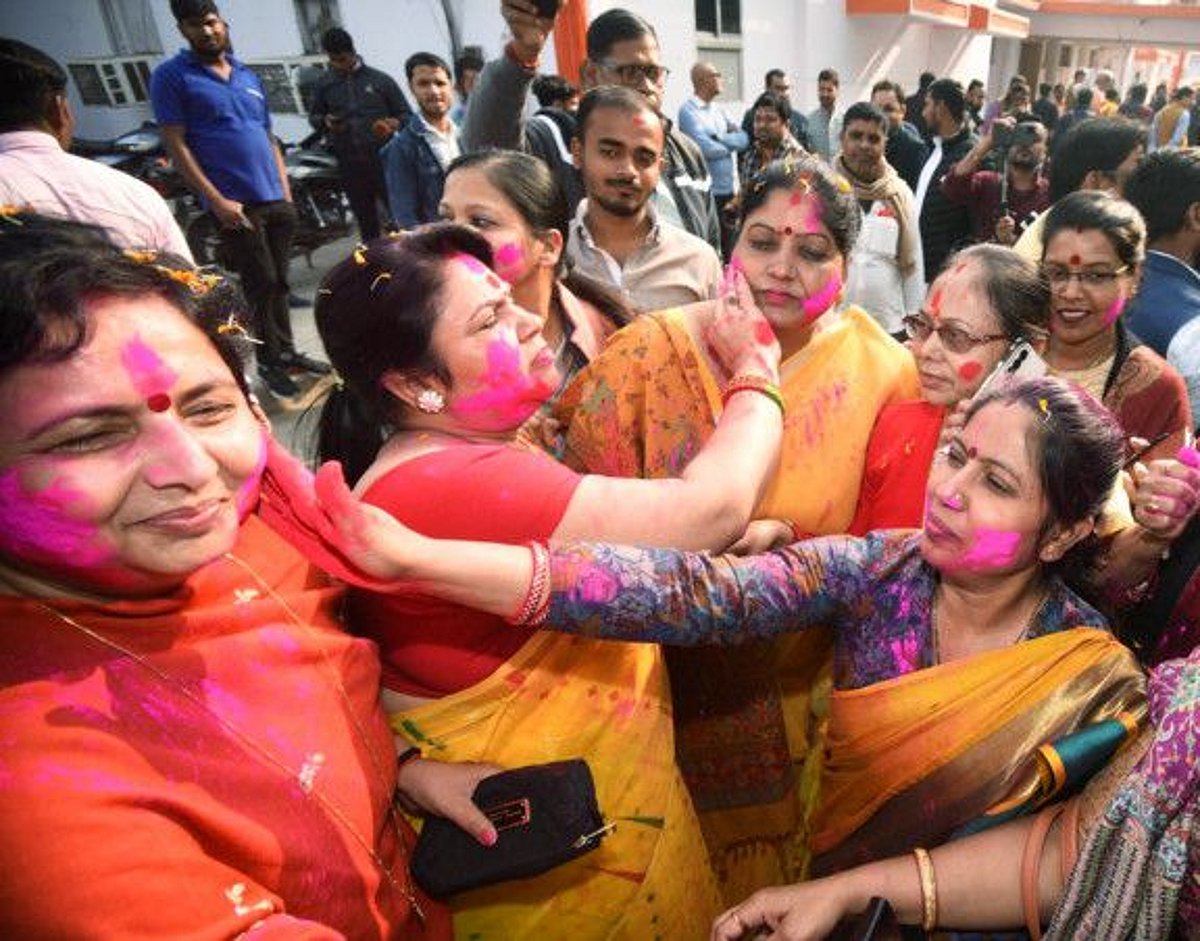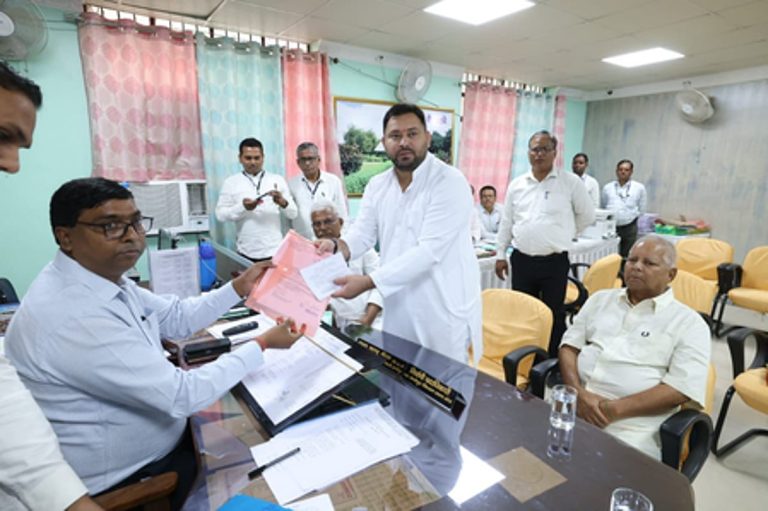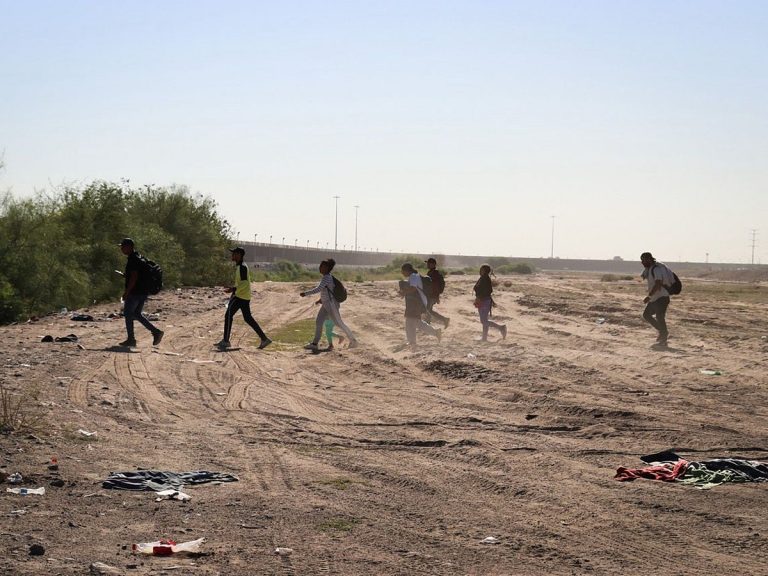BJP’s Longstanding Dominance in Gujarat Politics
The political landscape in Gujarat serves as a telling example of the Bharatiya Janata Party’s (BJP) sustained dominance in Indian politics. With decades of uninterrupted rule, the BJP has effectively positioned itself as both the government and the opposition, leaving little room for challengers. This article explores the dynamics of the BJP’s governance in Gujarat, the party’s strategies, and the implications for the opposition.
The BJP’s Control in Gujarat
The BJP’s long-standing rule in Gujarat is characterized by a series of strategic maneuvers that reinforce its grip on power. The recent cabinet reshuffle under Chief Minister Bhupendra Patel exemplifies this approach. In a significant move, all ministers except Patel resigned, with only four retained and 17 new ministers sworn in. This reshuffle not only refreshes the party’s image but also serves to eliminate any potential dissent within its ranks.
Gujarat has been a crucial platform for Prime Minister Narendra Modi, who rose to prominence as the state’s Chief Minister before assuming national leadership. Modi, along with Home Minister Amit Shah, maintains a close watch on Gujarat’s political affairs, ensuring that the party’s interests are prioritized. Successive Chief Ministers, including Anandiben Patel and Vijay Rupani, have been handpicked by Modi and Shah, all hailing from the Patidar community, which holds significant political influence in the state.
The Opposition’s Struggles
The opposition, particularly the Congress party, has struggled to mount a credible challenge to the BJP’s dominance. Despite a brief resurgence in the 2017 elections, where Congress leader Rahul Gandhi introduced young leaders like Hardik Patel and Alpesh Thakor, the momentum did not last. Both Patel and Thakor eventually defected to the BJP, illustrating the party’s ability to co-opt opposition figures.
Gandhi’s commitment to establishing a strong opposition presence in Gujarat faltered, as he failed to maintain a consistent presence in the state. The BJP, learning from past experiences, has adopted a strategy of encouraging defections from Congress, briefly elevating former rivals to ministerial positions before sidelining them. This tactic has left the opposition fragmented and disorganized.
The BJP’s Appeal to Voters
Generations of Gujaratis have known only BJP governance, associating the party with stability and effective administration. The BJP has invested heavily in large-scale projects, such as the Foxconn deal and the Tata Airbus initiative, which have bolstered the state’s economy and enhanced its appeal. Additionally, Gujarat’s successful bid to host the Commonwealth Games and its aspirations for the Olympic Games further solidify the BJP’s image as a facilitator of progress.
The Sangh Parivar, which includes the RSS, has meticulously cultivated Gujarat as a stronghold, ensuring that the Congress remains marginalized in the state’s political discourse. This approach has made Gujarat a model for the BJP’s ambitions in other states, including Uttar Pradesh, where the party has also achieved significant electoral success.
The Broader Political Landscape
The BJP’s strategies in Gujarat have implications for its operations in other states. In Uttar Pradesh, Chief Minister Yogi Adityanath has successfully maintained his position, becoming the first CM in the state’s history to be re-elected after a full term. The BJP’s ability to neutralize opposition figures, such as Mayawati of the Bahujan Samaj Party, has further solidified its control.
In contrast, the Congress party’s presence in Uttar Pradesh has dwindled, with leaders like Priyanka Gandhi failing to establish a strong organizational base. Promises of revitalization have not materialized, leaving the party vulnerable to the BJP’s expansive reach. The Samajwadi Party remains the only significant opposition force, but its influence is limited in the face of the BJP’s dominance.
The Future of the Opposition
The BJP’s ambition to replicate the “Gujarat model” across India poses a significant challenge for the opposition, particularly the Congress. In Bihar, for instance, the Congress’s internal conflicts with the Rashtriya Janata Dal (RJD) have hindered its effectiveness as a challenger to the BJP. Rahul Gandhi’s recent international trip has drawn criticism, highlighting a perceived lack of commitment to addressing local political issues.
The Congress party’s inability to present a united front and its failure to capitalize on opportunities for growth have allowed the BJP to maintain its long innings in power. The party’s dominance is further reinforced by its strategic outreach and ability to attract former opposition leaders.
FAQs
Why has the BJP been so successful in Gujarat?
The BJP’s success in Gujarat can be attributed to its long-standing governance, strategic political maneuvers, and significant investments in economic development, which have fostered a perception of stability among voters.
What challenges does the opposition face in Gujarat?
The opposition, particularly the Congress party, struggles with internal divisions, a lack of strong leadership, and the BJP’s effective co-opting of former opposition figures, which has weakened its ability to challenge the ruling party.
How does the BJP’s approach in Gujarat influence other states?
The BJP’s strategies in Gujarat serve as a blueprint for its operations in other states, emphasizing the importance of strong leadership, economic development, and the neutralization of opposition figures to maintain political dominance.
Conclusion
The BJP’s enduring control in Gujarat highlights the challenges faced by the opposition in mounting an effective challenge. As the party continues to implement its strategies and expand its influence, the need for a cohesive and proactive opposition becomes increasingly critical. The future of Indian politics may hinge on the ability of opposition parties to adapt and respond to the BJP’s formidable presence.
Also Read:
Nuclear Workers Furloughed as Government Shutdown Continues







